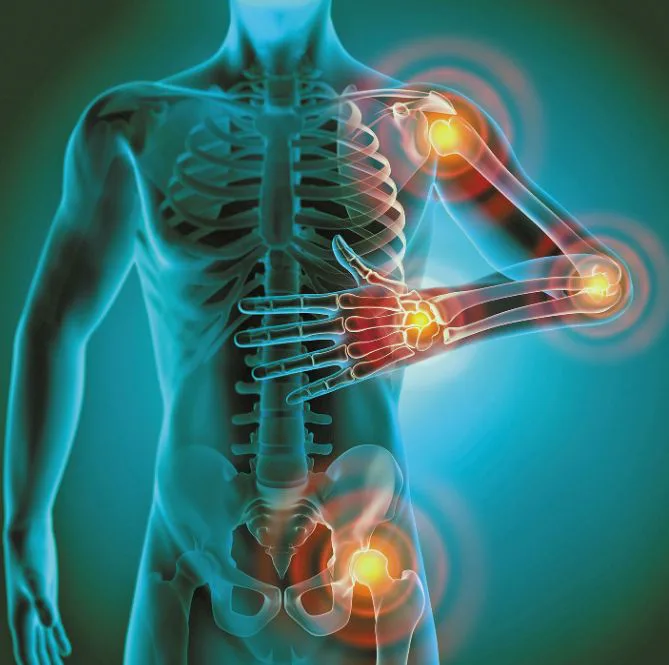I am sure that we have all heard stories of people who lead a fight with death, and won the fight against all odds. Such stories are no longer told for mere inspiration to hold on to life and declare war on hardships. It is now in fact being studied from a scientific point of view.
A group of scientists believe that they may have discovered the brain part responsible for the “will to persevere”. The anterior midcingulate cortex has always been believed to play a role in emotions, pain and decision making. However, scientists found that these are not the only things it is responsible for. A recent study showed that when this area is electrically stimulated, patients reported strong feelings “to persevere” through hardship.
The study involved electrical charge delivery of the Anterior Cingulate region performed in two subjects with epilepsy. Both patients had electrodes implanted in their brains, specifically, in the anterior midcingulate cortex.
Both patients talked about anticipating a challenge to come, associated with an unwavering attitude to overcome it. These feelings were coupled with increased heart rate and physical sensations in the chest and neck. None of these feelings were experienced when no stimulation was being delivered, nor when nearby regions 5 mm away were being stimulated.
Lead author Dr. Josef Parvizi stated that “That few electrical pulses delivered to a population of brain cells in conscious human individuals give rise to such a high level set of emotions and thoughts we associate with a human virtue such as perseverance tells us that our unique human qualities are anchored dearly in the operation of our brain cells”.
Imaging experiments carried out throughout the study revealed that the site of stimulation in both patients was at the center of a network linking the anterior midcingulate cortex to other regions of the brain.
This study offers a solid base for further studies of psychopathological conditions which are associated with a reduced will to fight and endure difficulties, whether physical or psychological ones. Dr. Parvizi suggests that “These innate differences might potentially be identified in childhood and be modified by behavioral therapy, medication, or, as suggested here, electrical stimulation”.
Original research article could be found the journal Neuron, Parvizi et al.: “The Will to Persevere Induced by Electrical Stimulation of the Human Anterior Cingulate Cortex.”
Further sources: abc News and EurekAlert
Image Credit: Parvizi et al. Neuron 2013




